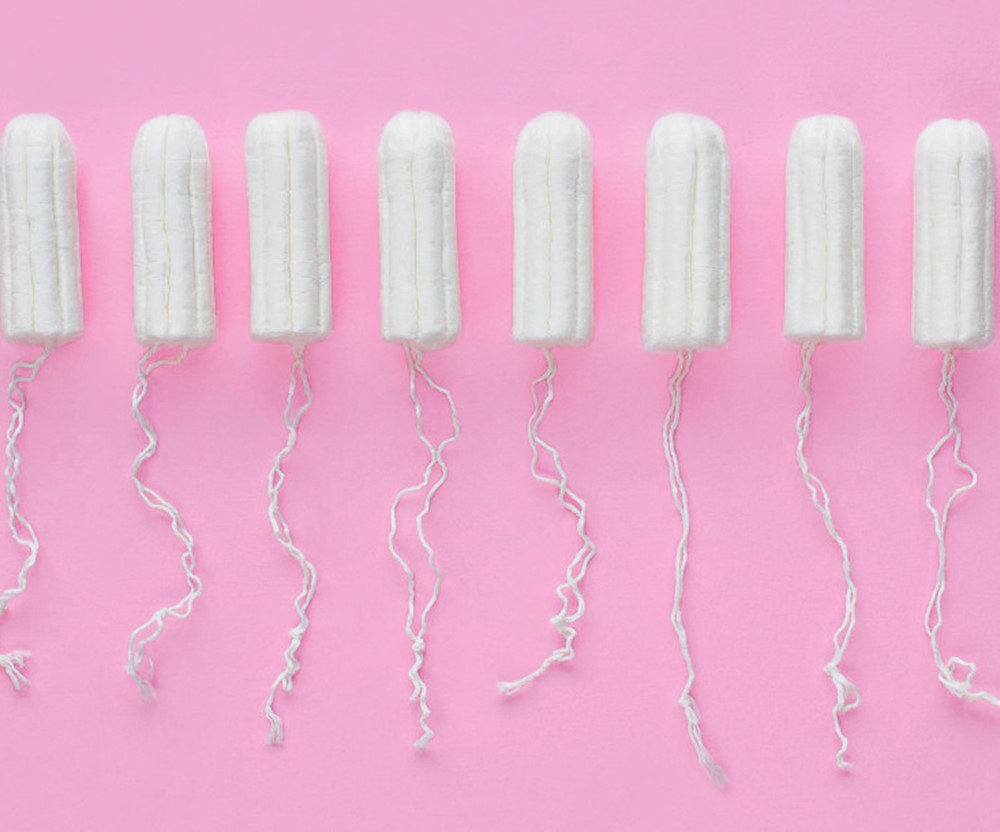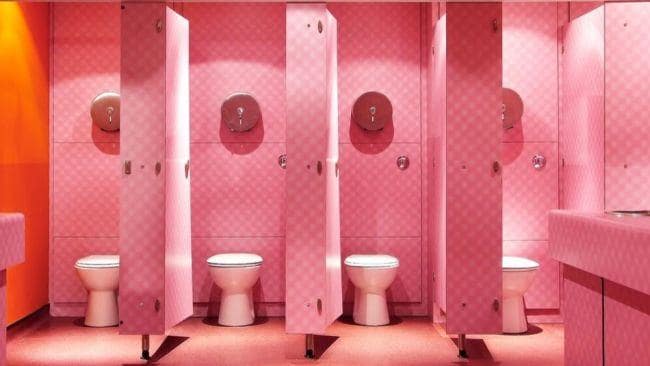
Period poverty is a thing
The government could fix period poverty easy peasy
Categories
- Thought Leadership
Access to education should not be determined by a child’s gender, yet almost a quarter of New Zealand women, according to a KidsCan survey, have missed school or work because they have been unable to afford menstrual items.
The onset of menstruation is a key pressure point for girls’ schooling. No access to menstrual products, teasing from classmates, unsupportive teachers – all can disrupt a girl’s ability to participate in school. There is pain, shame, fear, and embarrassment.
Period equals barrier to education for young women
The importance of girls being able to fully participate in schooling cannot be overstated. That they might have the chance of a healthier and happier life should be reason enough for promoting girls' education. However, there are also important benefits for society as a whole. According to Unicef, giving girls access to schooling is a central part of tackling poverty.
Girls everywhere face barriers to education, many of them deep-rooted systemic and cultural barriers, like gender violence and discrimination.
Period poverty, in Aotearoa New Zealand at least, could be solved quickly and easily with the government fully funding menstrual products in schools.
Countries leading the way
After coming up with a robust and evidenced-based scheme, the Scottish government funded free menstrual products for students at schools, colleges and universities in August 2018. In March 2019, the UK government announced it is set to take measures to ensure menstrual products are free across all schools in England. The governments of Wales and BC, Canada made similar announcements in April last year.
Free sanitary products at schools
Providing free menstrual products to students attending schools supports the equality, dignity and rights for those who menstruate and ensures that lack of access to products doesn’t impact on a student’s ability to fully participate in education at all levels. It will also save students (and their families) money and help to reduce stigma and anxiety associated with periods.
The anecdotal evidence coming out of the scheme in Scotland is saying is that free menstrual products helps students become much more open, communicative, and positive about menstruation. Providing free menstrual products also sends a strong message to all students that menstruation is nothing to be ashamed of.
Positive Periods petition
Last year the Positive Periods campaign was launched by Dignity NZ and partner organisations working in the period poverty space (including the Y). They collected over 3,000 signatures for a petition urging the Government to provide period products free for students and better menstrual health education. At a cross-party hosted breakfast at Parliament in November last year, the petition was presented to Minister for Women Julie Ann Genter who said:
"This is a priority for the Government, it's a priority for the Prime Minister and I'm very confident we will have an announcement before the Budget."
Mid last year, the Y along with public health researcher Dr Sarah Donovan of Otago University lodged an application to Pharmac requesting menstrual products be subsidised.
"It's excellent that Dignity NZ are making this direct approach for Government funding. The Pharmac application is about doing the auxiliary work of having menstruation formally recognised as a health need and recognising that menstrual management is a health and education equity issue for school girls and women," Dr Donovan said.
So things are looking positive in 2020 for period poverty.
Learn more about Period Poverty
You can download our insights report where we dive deeper into the issues of Period Poverty in New Zealand.
Other posts you might like




